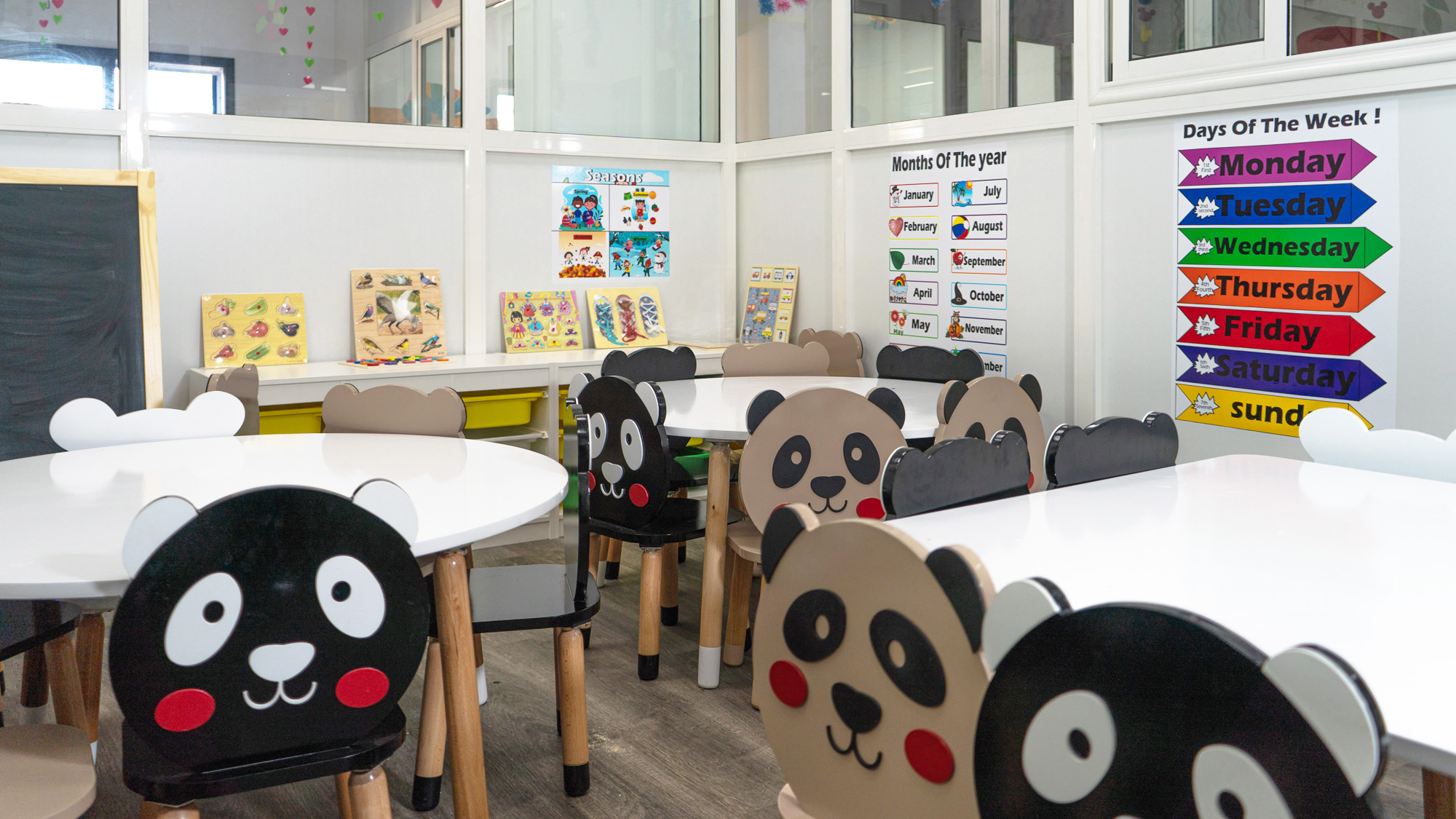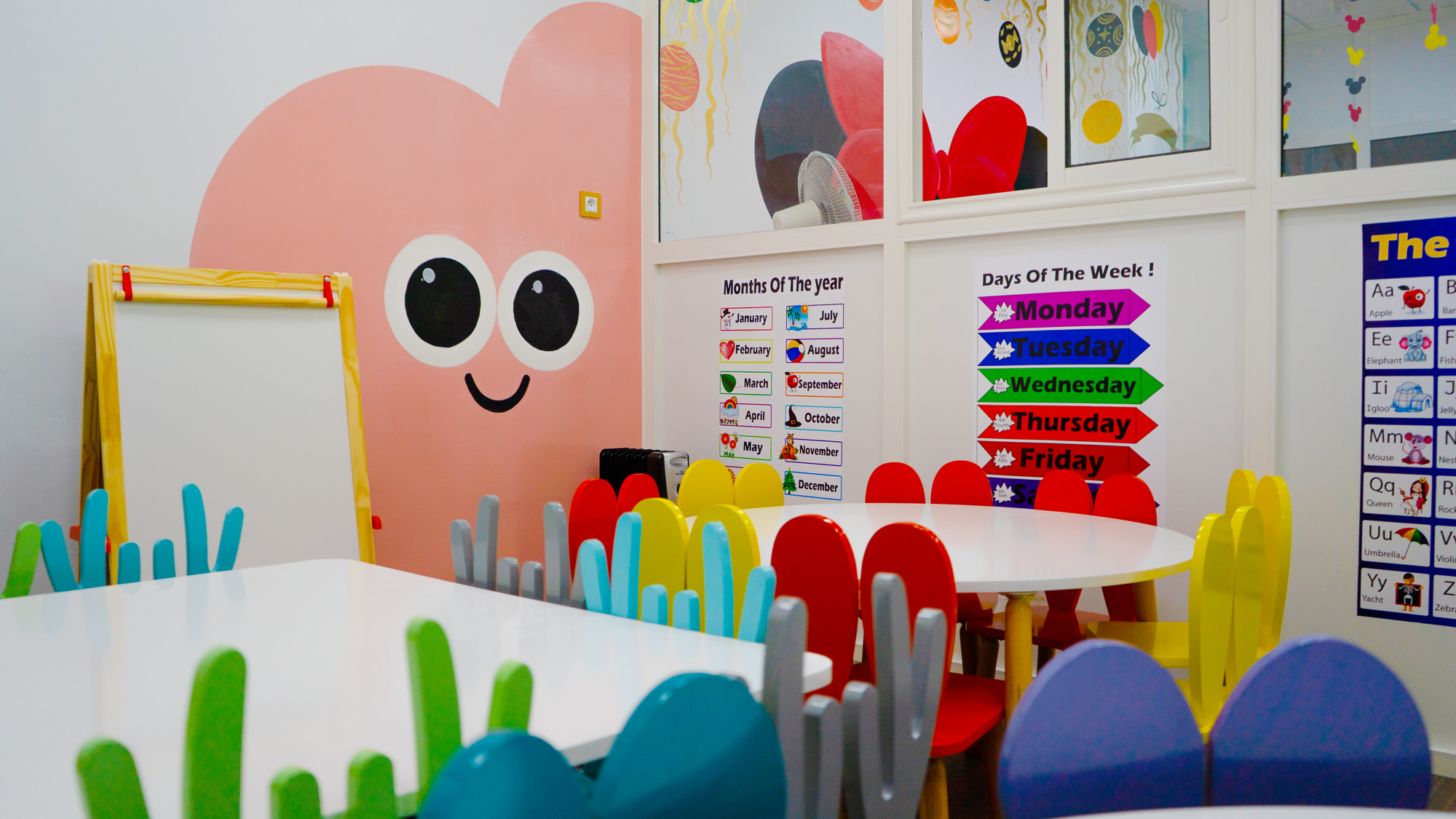Our Program

Environmental education
Children will learn to respect nature by studying birds and protecting the environment.

musical education
Children will be able to enjoy music by listening to songs about birds and singing themselves.

Artistic education
Children will be able to explore their creativity by using birds as a source of inspiration.
![Mouse-mickey-flat-vector-[Converti]](http://disney-birds.ma/wp-content/uploads/2023/03/Mouse-mickey-flat-vector-Converti.png)

Physical education
Children will be able to develop their coordination by playing movement games.

Mathematical education
Children will be able to learn the basics of mathematics by measuring the wingspan and counting the birds.

Multilingual education
Children will be able to stimulate the development of their natural curiosity and creativity.
A detailed educational program for the Nursery class
1 - General objectives :
- Promote the development of fine and gross motor skills in children
- Stimulate the sensory abilities and curiosity of children
- Promote linguistic development and communication
- Promote social interactions and the building of positive relationships
- Promote autonomy and self-confidence development
2 - Learning domains
- Language development and communication :
a. Awakening to language through nursery rhymes, wordplay, and stories
b. Discovery of the world through reading picture books and observing everyday objects
c. Development of understanding and production of simple words - Physical development and motor skills :
a. Activities to promote coordination and dexterity (puzzles, coloring, ...)
b. Relaxation and breathing exercises to develop body awareness
c. Discovery activities of the environment (walks, outdoor games, ...) - Social and emotional development :
a. Role-playing games to promote understanding of social rules and the building of positive relationships
b. Creating a climate of trust to encourage the expression of emotions and group participation in speaking
c. Promouvoir la collaboration et la coopération à travers des activités de groupe (jeux collectifs, travaux d'équipe, ...) - Cognitive development :
a. Exploration of the world through sensory experiences (touch, taste, listen, ...)
b. Promoting curiosity and exploration through observation and investigation activities
c. Developing memory through object recognition and classification games
3 - Teaching methods :
- The activities will be structured and adapted to the pace of each child
- The teachers will ensure to respect the attention span of the children and alternate between calm activities and more dynamic activities
- The activities will be varied to stimulate the children's interest and keep them motivated
- The teachers will listen to the needs and interests of each child in order to adapt the program accordingly
- Regular group gatherings will be organized.
An educational program for the pre-kindergarten
1 - General objectives :
- Promote the development of fine and gross motor skills of the child
- Stimulate children's cognitive ability and curiosity
- Promote language development and communication
- Foster social interactions and positive relationship building
- Promote autonomy and the development of self-confidence
2 - Learning domains :
- Linguistic development and communication :
a. Vocabulary expansion through reading albums, discussing topics of interest, and word games
b. Improved comprehension and production of more complex sentences
c. Encourage public speaking and the expression of ideas through role plays and project presentations - Physical development and motor skills :
a. Activities to improve coordination and dexterity (construction games, sports games, etc.)
b. Development of body awareness through relaxation and breathing activities
c. Promote the discovery of the environment through school outings and outdoor activities - Social and emotional development :
a. Foster understanding of social rules and building positive relationships through role play and group activities
b. Encourage the expression of emotions and public speaking through small group discussions and talking circles
c. Foster collaboration and cooperation through team activities (collective work, joint projects, etc.) - Cognitive development :
a. Foster curiosity and discovery of the world through observation and investigation activities
b. Improve memory and logical thinking through object recognition and classification games and logic games
c. Promote problem solving through fun activities and strategy games
3 - Teaching methods :
- The activities will be structured and adapted to the rhythm of each child
- Teachers will take care to respect the children's attention time and to alternate between calm and more dynamic activities
- The activities will be varied to arouse the interest of the children and keep them motivated
- The teachers will be attentive
An educational program for the kindergarten
1 - General objectives :
- Promote the acquisition of fundamental skills and knowledge
- Promote the development of critical thinking and problem solving
- Promote the development of creativity and artistic expression
- Promote social development and the building of positive relationships
- Promote autonomy and self-confidence
2 - Learning areas :
- Math :
- Discovery of numbers and quantities
- Understand the basic concepts of arithmetic (addition, subtraction, multiplication, division)
- Use acquired skills to solve real-world problems
- Language and communication :
- Development of comprehension and production of complex sentences
- Improved reading and writing
- Discovery of the different types of texts (tales, poems, short stories, etc.)
- Foster oral expression through public presentations and group discussions
- Science:
- Foster understanding of scientific phenomena through observations and hands-on experiences
- Promote the discovery of the environment through school outings and outdoor activities
- Promote understanding of the relationships between the different elements of the environment
- Arts :
- Promote artistic expression through the discovery of different art forms (painting, drawing, music, dance, theatre, etc.)
- Encourage creativity through free creation activities and group artistic projects
- Foster the understanding and appreciation of works of art by reading albums and visiting museums
- Social and moral education :
- Foster understanding of social and moral rules through group discussions and role-playing
- Promote the development of citizenship through activities to raise awareness of the environment and solidarity
- Promote understanding of cultural differences through activities to discover world cultures
3 - Teaching methods:
- Activities will be structured to allow children to progress at their own pace
- Teachers will take care to alternate

About us

a
We are proud to offer a superior quality education, supported by a team of dedicated and passionate teachers who are committed to providing every student with the opportunity to succeed.
Contact

- BD hassane 2 Rés Fall Azur ,Bouznika
- contact@disney-birds.ma
- +212 (0) 537 41 89 80
- +212 (0) 679 84 80 20







